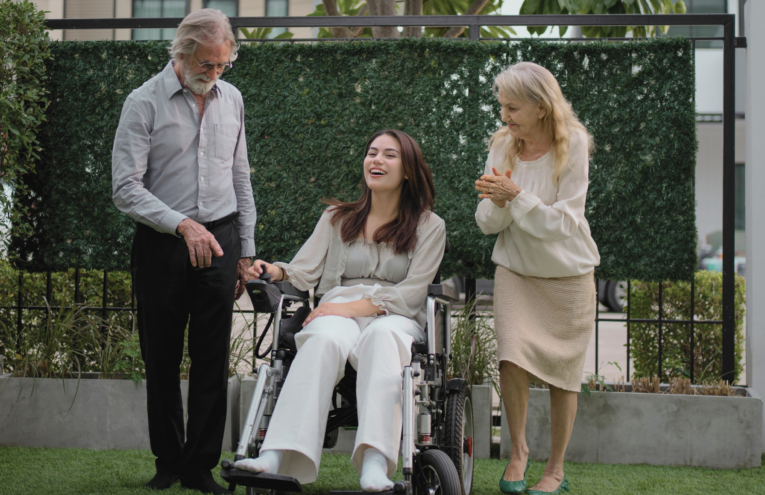Working as a support worker is more than a profession—it’s a calling. It’s about being there when it matters most, bringing joy to someone’s day, and making a meaningful difference in the lives of those you support. Support workers aren’t just staff; they’re the heart of care, embodying compassion, dedication, and a deep sense of purpose.
In this post, we’ll take a closer look at what it takes to be a great support worker, the unique qualities that make someone stand out, and why this role is so rewarding.











